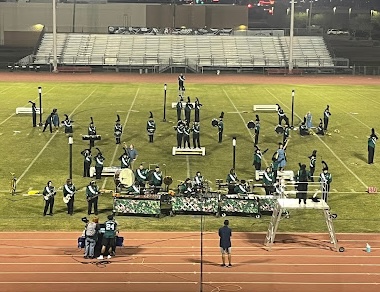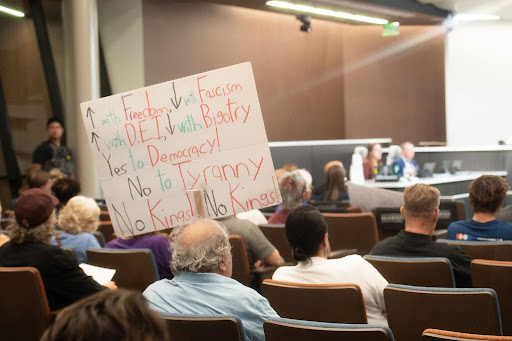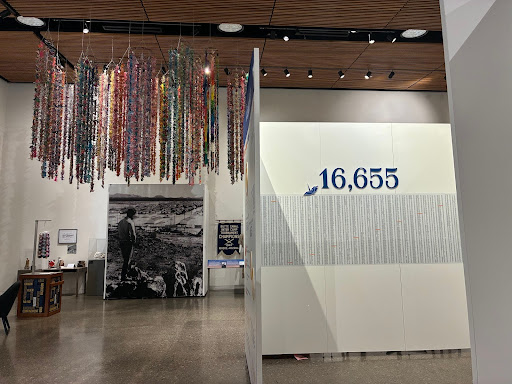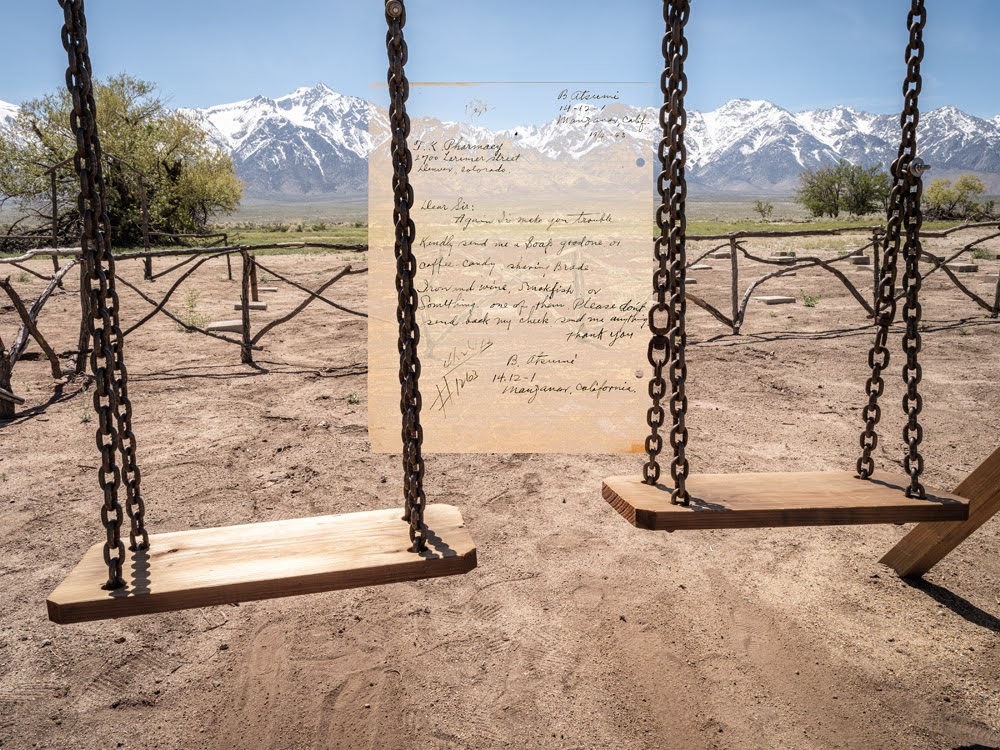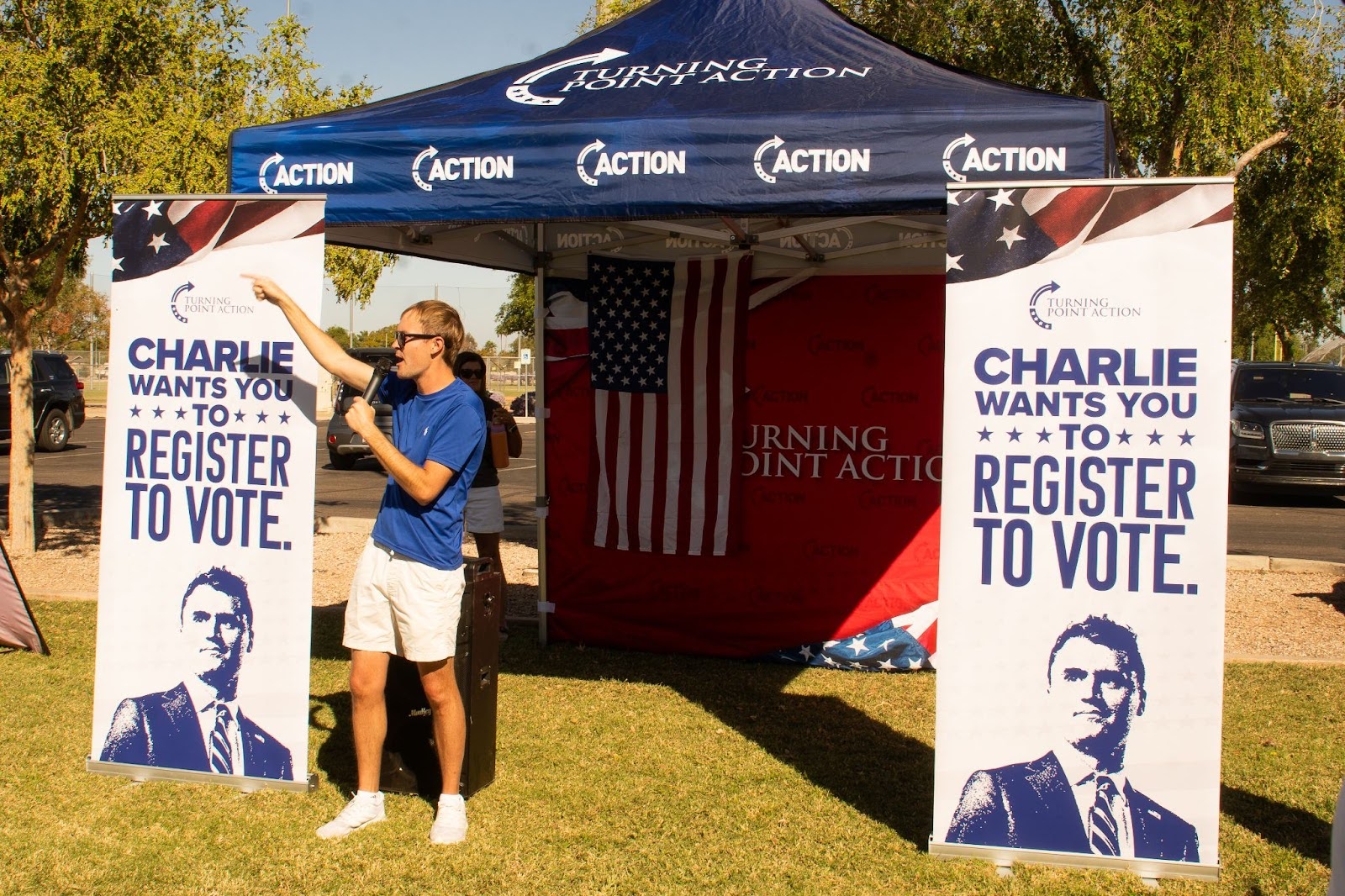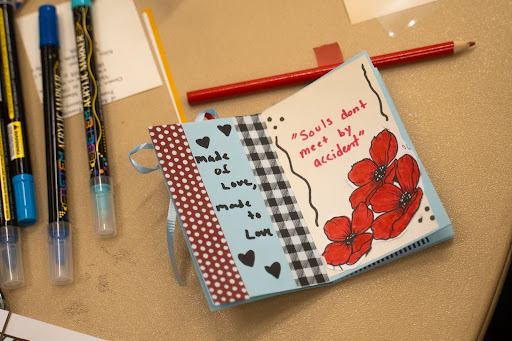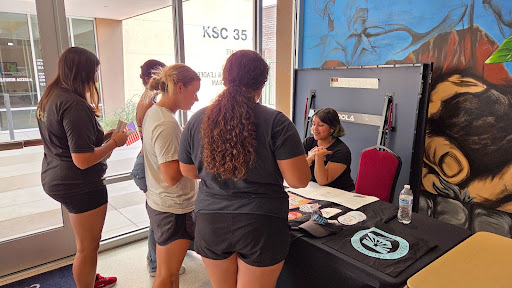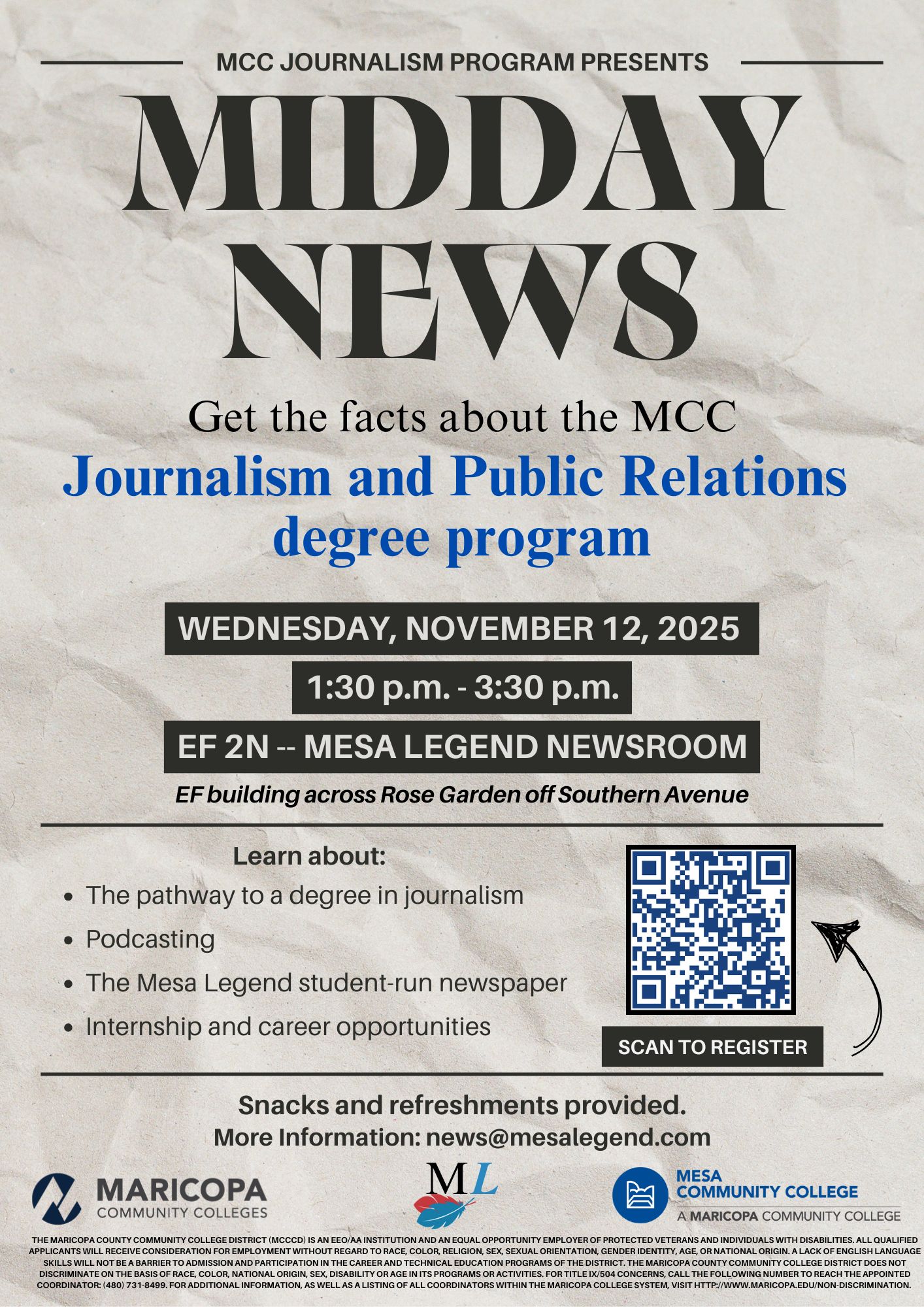Apple, FBI spar over decryption order
Keith Whittemore
Mesa Legend
 A four-digit passcode is all that separates the FBI from accessing the iPhone of Syed Rizwan Farook. Farook and his wife Tashfeen Malik killed 14 and wounded 24 in a Dec. 2 attack in San Bernardino, Calif. In the ensuing investigation, law enforcement recovered one of the perpetrators’ phones, an iPhone, but are as of yet unable to unlock the device due to security measures built into the phone’s firmware. The device in question has a feature which, after 10 incorrect attempts at entering the passcode, wipes the data from the phone. This feature has prevented the FBI from simply using their usual brute-force technique, in which computers spam the phone with four-digit codes until the correct match is found.
A four-digit passcode is all that separates the FBI from accessing the iPhone of Syed Rizwan Farook. Farook and his wife Tashfeen Malik killed 14 and wounded 24 in a Dec. 2 attack in San Bernardino, Calif. In the ensuing investigation, law enforcement recovered one of the perpetrators’ phones, an iPhone, but are as of yet unable to unlock the device due to security measures built into the phone’s firmware. The device in question has a feature which, after 10 incorrect attempts at entering the passcode, wipes the data from the phone. This feature has prevented the FBI from simply using their usual brute-force technique, in which computers spam the phone with four-digit codes until the correct match is found.

To get around these measures, the FBI obtained an order through the Department of Justice, asking Apple to help the Bureau bypass these security features. On Feb. 16, however, Apple announced in an open letter to their customers that they will not comply with the order, citing privacy concerns. “The United States government has demanded that Apple take an unprecedented step which threatens the security of our customers,” the letter said. “We oppose this order, which has implications far beyond the legal case at hand.”With Apple’s resistance, experts and laypeople alike have begun to line up on either side.
A Feb. 22 survey by the Pew Research Center showed that 51 percent of Americans support forcing Apple to comply with the order, with only 38 percent opposing. Several famous tech leaders and politicians have also voiced their opinions on the topic, including Microsoft’s Bill Gates (siding with the FBI), Facebook’s Mark Zuckerberg (supporting Apple), and Republican presidential candidate Donald Trump, who called for a boycott of Apple. “Because it’s terrorism, people react very strongly to it. It’s going to be divisive,” said Jamie Winterton, director of ASU’s Global Security Initiative. “This particular issue is one that won’t necessarily break along party lines,” Robert Clinton, an ASU law professor with a specialty in privacy law, said. “Privacy and government non-intrusion is something that both extreme conservatives and extreme liberals are concerned about.”
According to both Winterton and Clinton, however, much of the media attention surrounding the case has missed several key points. Firstly, both experts brought up that the government isn’t merely asking for an encryption key, or some sort of record or code that Apple already has. Rather, the FBI is seeking to force Apple to actually create a new firmware for the shooter’s iPhone in which the passcode can be more easily cracked. “They’re asking not for something that exists, but they’re asking Apple to build something which doesn’t exist,” Clinton said. “In every other context, we would call that slavery — it’s forced labor.” Additionally, there are questions about what legal precedent would be set by upholding the order.“It would set a very unusual precedent of allowing the government to co-opt somebody who isn’t even the target of law enforcement,” Clinton said.
Winterton agreed.
“There’s a precedent that code is speech,” she said. “Can you compel someone to speak in a certain way, if code is speech?”There are also issues about whether upholding the order would set a precedent allowing governments, either in the U.S. or abroad, to conduct surveillance on citizens. “If (Apple) responds to this subpoena, the People’s Republic of China (PRC) is going to know the software exists,” Clinton said. “We have created a precedent by which Apple responds to legal orders to create such a program, so the PRC (could) issue a legal order.” “It’s much harder to say no if you’ve said yes once,” Winterton added. There are also the serious security concerns cited by Apple and others.Because what’s being requested isn’t just a key but software, the creation of such firmware could make any iOS device vulnerable to hacking.
“It reminds me of a famous line in the Iowa-related film Field of Dreams: ‘If you build it, they will come,’” he added. “If they build this program, (hackers) will come, and they will come at them hard.” The outcome of the case could also have ramifications for Apple and the FBI more specifically. Apple has for years positioned itself as the maker of the most secure phone on the market. If forced to create the software in question, the company will have to make a difficult decision – either sacrifice their claims to superior security, or move production out of the U.S. to avoid these regulations. Both Clinton and Winterton cited a similar 2013 case involving Lavabit, an encrypted e-mail service used by Edward Snowden, in which the owner was forced by the U.S. government to create a universal encryption key.
Because the service was no longer secure from surveillance, the owner quickly went out of business. “The U.S. government pushed Lavabit in the same way they’re pushing Apple, and Lavabit said, ‘We fold,’ and went out of business,” Winterton said. “It’s hard to imagine Apple doing that — they have too much at stake. But that’s an interesting choice that was made there.” Another possibility is that the FBI will have to make hard choices of its own in how it investigates and handles cases like Apple’s. “What’s really going on is that the FBI has not spent the money to upgrade their computer resources to adequately deal with this kind of problem… and they’re trying to foist that cost on Apple,” Clinton said. “I think that could be really positive for the FBI, to say ‘Here’s how we’re going to do things in the future,’” Winterton said.
The biggest impact, perhaps, is what the case will do to the public discourse about encryption technology and security. “I think… the FBI is grandstanding and making a more general point and using Apple as an example,” Clinton said. “This court order is part of a larger political campaign against encryptiongenerally.” Winterton was less certain of the FBI’s motives. “I think there’s a lot of posturing on both sides,” she said. “This is not a security-versus-privacy thing. I think this is a security-versus-security thing.” Clinton also didn’t mince words in his assessment of the effect of an FBI victory in this case.
“If Apple is forced, it sends exactly the message the FBI wants to send, which is that giving complete encryption to people is not good for the security of Americans — that we actually do want a police state in which the government can snoop on everything you do,” he said. Winterton, on the other hand, was just happy that ordinary people were thinking about security. “It’s really positive that people think it’s relevant to their own lives, that people see their own lives reflected in this and think about what’s at stake for them, and how they feel about this issue,” she said.

